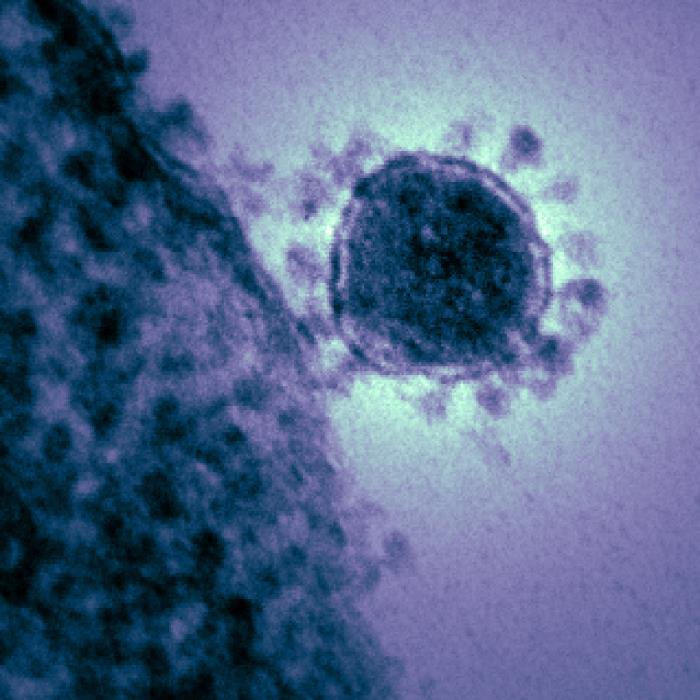Saudi Arabia
Saudi Arabia health officials have reported an additional 18 cases of Middle East respiratory syndrome coronavirus (MERS-CoV) infection since Oct. 31, bringing the country total to 1,749 cases since 2013.
In addition, five deaths were reported.
Among the 13 male patients and five female patients aged from 13 to 90, 15 had underlying illnesses, five had contact with camels, four consumed camel milk and one had contact with a previously confirmed patient.
Globally, 2121 laboratory-confirmed cases of infection with MERS-CoV including at least 740 related deaths have been reported to the World Health Organization (WHO).
Good Morning Snore Solution Mouthpiece Bundle – $104.94
Of this global total, nine out of 10 cases have been reported from 10 Middle East countries–1,749 in Saudi Arabia, 85 in the United Arab Emirates (UAE), 28 in Jordan, 19 in Qatar, 10 in Oman, six in Iran, four in Kuwait, two in Lebanon, and one each in Yemen and Bahrain.
Hong Kong
Officials with the Hong Kong Centre for Health Protection (CHP) of the Department of Health reported a suspected case of Middle East Respiratory Syndrome (MERS), and again urged the public to pay special attention to safety during travel, taking due consideration of health risks of the places of visit.
The case is detailed below:
| Sex | Female |
| Age | 60 |
| Affected area involved | Iran |
| Hospital | Ruttonjee Hospital |
| Condition | Stable |
| MERS-CoV preliminary test result | Negative |
“Travellers to the Middle East should avoid going to farms, barns or markets with camels; avoid contact with sick persons and animals, especially camels, birds or poultry; and avoid unnecessary visits to healthcare facilities. We strongly advise travel agents organising tours to the Middle East to abstain from arranging camel rides and activities involving direct contact with camels, which are known risk factors for acquiring MERS Coronavirus (MERS-CoV),” a spokesman for the CHP said.
Locally, the CHP’s surveillance with public and private hospitals, practising doctors and at boundary control points is firmly in place. Inbound travellers and members of the public who recently visited the Middle East and developed fever or lower respiratory symptoms within 14 days will be classified as suspected MERS cases. They will be taken to public hospitals for isolation and management until their specimens test negative for MERS-CoV.




